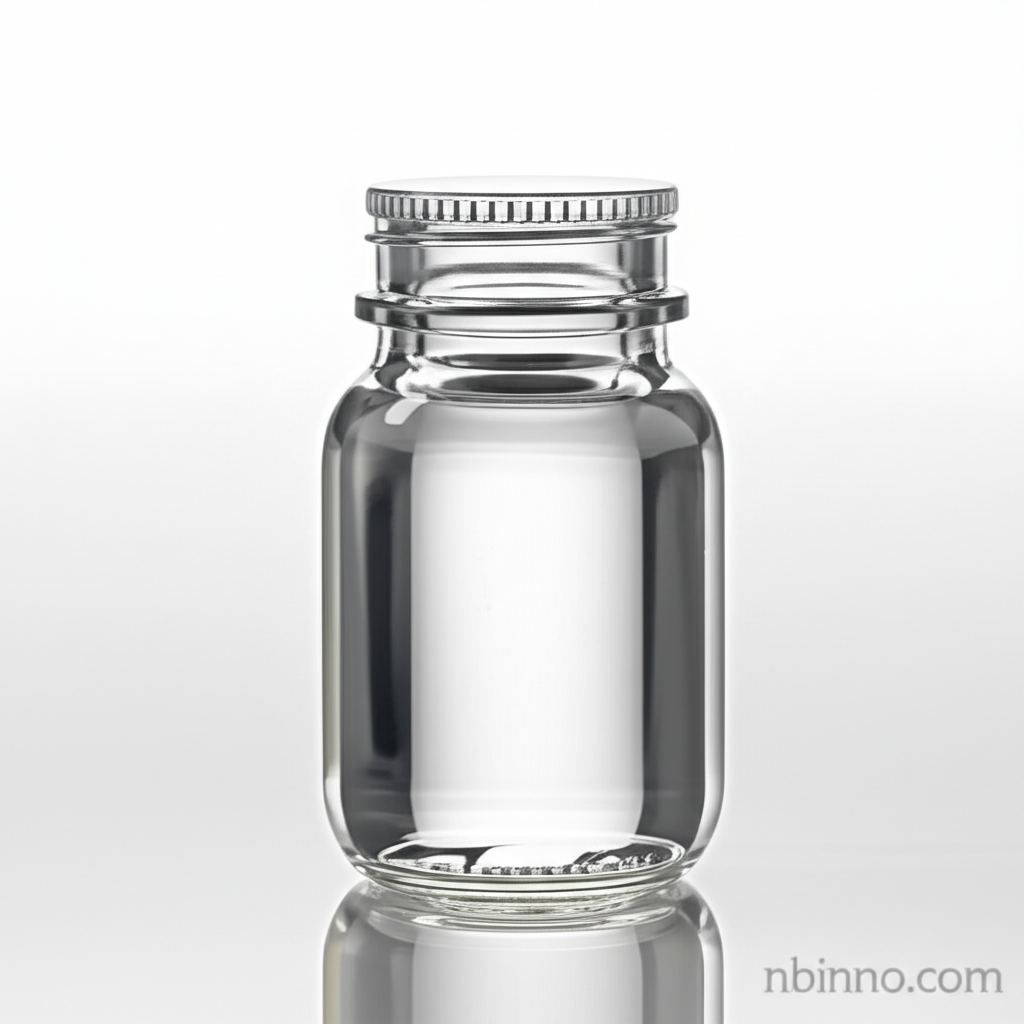Triethoxysilylundecanal: Enhancing Surfaces with Advanced Organosilicon Chemistry
Discover the unique properties and diverse applications of Triethoxysilylundecanal (CAS 116047-42-8), a key organosilicon compound driving innovation in materials science and surface treatments. Explore its potential to improve adhesion and functionality.
Get a Quote & SampleProduct Core Value

Triethoxysilylundecanal
As a leading supplier in China, we offer high-quality Triethoxysilylundecanal (CAS 116047-42-8), a crucial organosilicon compound for advanced material applications. Its structure, featuring a long hydrocarbon chain and a reactive triethoxysilyl group, makes it exceptional for surface modification and enhancing adhesion to various substrates, particularly those containing silicates. This compound is invaluable for developing innovative coatings and composite materials.
- Leverage our Triethoxysilylundecanal CAS 116047-42-8 properties for improved surface modification, ensuring optimal performance in your formulations.
- Explore Triethoxysilylundecanal applications in surface modification, understanding how its unique structure benefits adhesion and material compatibility.
- Experience the advantage of buying high purity triethoxysilylundecanal online from a trusted manufacturer in China for your critical projects.
- Gain deeper insights into understanding triethoxysilylundecanal for material science, utilizing its reactive groups for tailored material properties.
Advantages You Gain
Superior Adhesion Properties
The dual functionality of Triethoxysilylundecanal, with its organophilic undecanal chain and reactive triethoxysilyl end, allows it to create robust chemical bonds, significantly improving the adhesion between organic polymers and inorganic substrates. This makes it an essential component when seeking chemical suppliers for organosilicon compounds.
Enhanced Surface Functionality
This versatile silane coupling agent can be used to graft specific functional groups onto surfaces, thereby altering surface energy, improving wetting, or enabling further chemical reactions, a key aspect of surface modification with silanes.
Broad Compatibility
Triethoxysilylundecanal exhibits good compatibility with a wide range of organic resins and inorganic fillers, making it a flexible additive for various composite materials and coating formulations, which is crucial for advanced materials synthesis.
Key Applications
Surface Modification
Utilize Triethoxysilylundecanal to impart hydrophobicity, reactivity, or other desired surface characteristics to materials, a core process in organosilicon chemistry.
Adhesion Promotion
Enhance the bonding strength between dissimilar materials in composites, adhesives, and sealants, leveraging the silane coupling agent's ability to bridge organic and inorganic phases.
Coatings and Paints
Improve the performance of coatings by enhancing substrate adhesion, durability, and resistance to environmental factors, a common use for specialty silanes in industry.
Chemical Synthesis
Serve as a valuable building block in the synthesis of novel organosilicon polymers and functional materials, contributing to breakthroughs in tailored chemical solutions.
